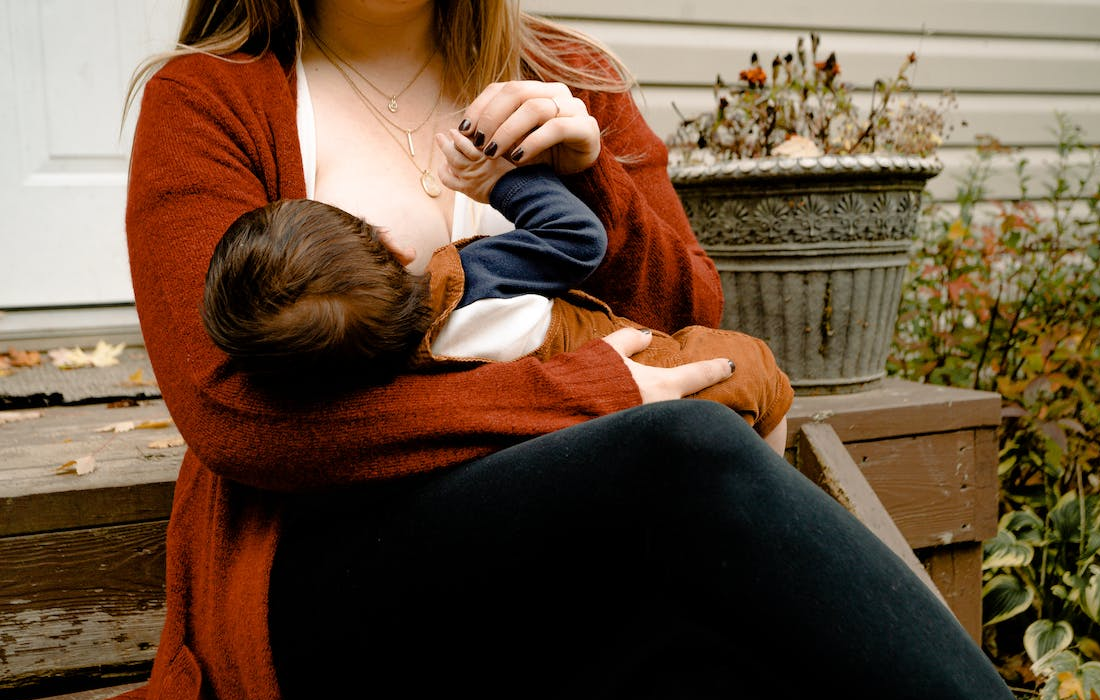Regenerative Medicine News and General Information
Breastfeeding After COVID-19 Booster Can Give Babies Antibodies
Lactating mothers who get the COVID-19 booster pass along the antibodies to their children via their breast milk — and potentially protect babies too young to receive the vaccine, a study from the University of Florida Institute of Food and Agricultural Sciences (UF/IFAS) and the UF College of Medicine found.
The study is the third in a series that looks at antibody protection being transferred via breast milk from mothers who received their first two COVID-19 vaccinations and, now, the booster shot.
The second publication reported the same antibody transfer via breast milk.
The study was published in February in Frontiers in Nutrition, and the study was funded by the Gerber Foundation and the Children’s Miracle Network.
The study looked at how breast milk antibody protection changed when a mother received their first COVID-19 booster shot, said Joseph Larkin, UF/IFAS associate professor of microbiology and cell science and part of UF’s Emerging Pathogens Institute.
Researchers looked at the antibody response and antibody functionality in breast milk and tested to see if antibodies were present after the babies drank breast milk with COVID-19 antibodies.
Larkin said this study suggests that breastfeeding can provide COVID-19 antibodies for infants too young to receive a vaccination — and that the antibodies wane in people’s bodies over time, so getting a booster can provide prolonged protection to babies that drink breast milk.
Larkin said some antibodies are transferred to fetuses through the placenta, as well, but that initial protection also lessens over time.
In this study, 14 lactating mothers and their babies were followed from before they received their COVID-19 booster until after they received their booster shots, Larkin said.
Researchers tested the mothers’ blood to confirm their bodies made COVID-19 antibodies after a booster shot, tested breast milk to confirm the milk had antibodies in it and tested babies’ poop to confirm antibodies were present in the babies’ bodies.
To see if the breast milk’s antibodies worked against COVID-19, breast milk was placed in a 96-well plate with a lab-safe COVID virus strain, and researchers found these antibodies from the mother disable the virus, said Lauren Stafford, a UF/IFAS graduate research assistant and Ph.D. candidate in microbiology and cell science.
Sources:
Vivian Valcarce, Lauren Stewart Stafford, Josef Neu, Leslie Parker, Valeria Vicuna, Tyler Cross, Olivia D’Agati, Sisse Diakite, Addison Haley, Jake Feigenbaum, Mahmoud Y. Al Mahmoud, Anjali Visvalingam, Nicole Cacho, Ivan Kosik, Jonathan W. Yewdell, Joseph Larkin. COVID-19 booster enhances IgG mediated viral neutralization by human milk in vitro. Frontiers in Nutrition, 2024; 11 DOI: 10.3389/fnut.2024.1289413
University of Florida. (2024, March 4). Breastfeeding after COVID-19 booster can give babies antibodies. ScienceDaily. Retrieved March 5, 2024 from www.sciencedaily.com/releases/2024/03/240304195439.htm
Photo by Wendy Wei from Pexels: https://www.pexels.com/photo/mother-breastfeeding-her-child-3074935/

